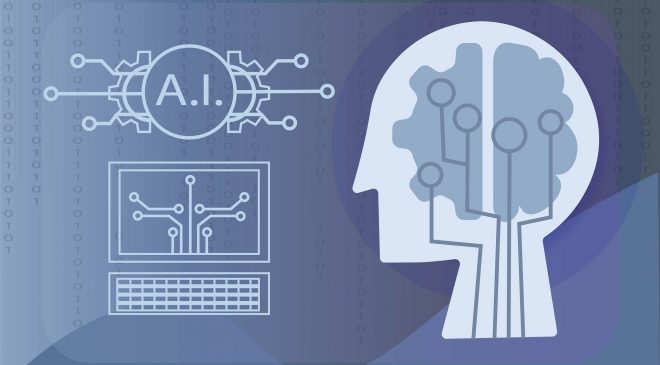
Shortage in cross-sector talents for AI and healthcare.
Global recruitment group Hays recently released the 2021 report “The Inside Story of Technology in China“, which states that China is leading the global AI industry with over 60 per cent of big data experts currently working in China. With more emerging industry segments and sectors, however, there is now a gap between the supply and demand for talent. In fields enabled by AI technologies – especially AI + healthcare sector – the competition for talent has grown fierce.
The AI and healthcare sector has boomed in the past few years. AI has become a driving force of a new round of industry reforms and innovations. At the recent “2021 World Artificial Intelligence Conference Health Summit Forum”, Zhong Nanshan, Academician of the Chinese Academy of Engineering, said that AI and other new-generation information technologies have empowered the medical, healthcare, and public health sectors, while promoting R&D in basic medicine, clinical application, and medical devices globally. The use of AI has also enhanced researcher’s recognition and understanding of diseases.
The deep integration of AI and healthcare has been applied in various industry segments, including public health, hospital management, medical imaging, medical robots, drug discovery, health management, precision medicine, and medical payment. More application scenarios continue to emerge.
According to the “Blue Book of AI + healthcare Industry Development 2020” released by the China Academy of Information and Communications Technology (CAICT), China’s AI + healthcare industry has ushered in key development with the support from top-level government, increased capital investment, strong market demand, opportunities brought by the development of relevant industries, emerging technologies, and the expanding group of interdisciplinary talents .
Hays, who boasts significant experience with the Chinese talent market, is optimistic about the prospects of the China’s AI + healthcare industry. With a wealth of experience in recruiting talent for internet and pharmaceutical companies in both the Chinese and international markets, Hays has established a cross-sectoral global talent pool .
Parallel competition: internet giants vs. healthcare companies
As China promulgates policies, such as the planning outline of “Healthy China 2030”, the opinion on developing “Internet + Medical Health” issued by the State Council, and the “Management Standards for Telemedicine Services (Trial)”, the market continues to be more optimistic about the overall integration of AI and the healthcare industry. Internet giants such as Alibaba, Tencent and Byte Dance have significantly increased their investments in this new sector.
Jessica Wang managing director of Hays China, said Internet companies’ entry into the medical and healthcare market is nothing new. Generally, these companies aim to disrupt industries through applying the internet innovation mindset.
Therefore, companies looking for talent do not require candidates to have extensive experience in the health care industry, but rather focus on examining candidate’s technological capabilities, flexibility of thinking, and their overall potential to fit in with the culture of the company. Internet companies may encounter bottlenecks in development due to a lack of experiences in medical services, pharmaceuticals and the healthcare sector in general.
In addition, application scenarios of technologies are expected to improve, and companies are also exploring new profit models. Hays believes that Internet companies’ continuing investment in the healthcare sector is still quite promising, and that the demand for talent remains high.
In contrast, start-ups, traditional medical institutions, and pharmaceutical companies in this specific subdivision often utilize their expertise in the medical field to further explore possibilities of artificial intelligence.
For example, in the field of new drug R&D, which is often defined by high costs and long cycles, by fusing top-notch computer science and biochemical technologies, AI drug development has not only become a new hotspot for venture capital, but also enabled many large pharmaceutical companies to increase investment and expand recruitment.
Some subsectors, such as genetic sequencing, medical imaging, new drug development, early cancer research, assisted diagnosis, and next-generation sequencing technology (NGS), are developing rapidly, and leading to a corresponding demand for talents, Jessica commented. Among them, the vast market capacity of medical imaging is attracting many investors and entrepreneurs, and the development of the business is directly linked to the field.
In addition, Hays is also optimistic about the future of the medical robotics field, including surgical robots, rehabilitation robots, service robots (transportation robots; disinfection robots), auxiliary robots (nursing robots; intravenous drug dispensing robots) and more. Large hospitals and traditional pharmaceutical companies are utilising Internet and digitalisation to help businesses develop. With a clear focus on technological transformation, there is a large demand for talent in the field of AI, especially in image algorithms and deep learning.




